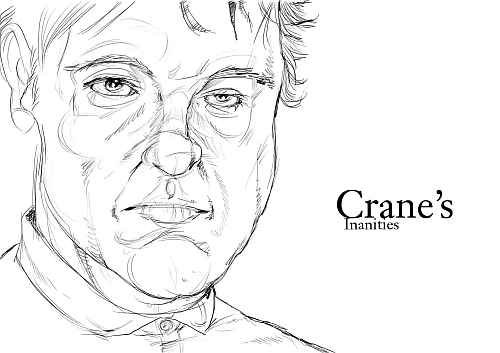 Bill Clinton said this today in Denver:
Bill Clinton said this today in Denver:"Suppose for example you're a voter. And you've got candidate X and candidate Y. Candidate X agrees with you on everything, but you don't think that person can deliver on anything. Candidate Y disagrees with you on half the issues, but you believe that on the other half, the candidate will be able to deliver. For whom would you vote?"
He went on to say he wasn't talking about the current election but that's probably a lie.
I don't know that Hillary would agree with this idea--she didn't say it after all--but let's take Bill's hypothetical on face value for a minute.
First, the most egregious aspect of what Bill said: According to her husband, Hillary agrees with the majority of Democrats on just half of traditional Democratic issues. Could that be true, or does Bill believe Hillary's even more centrist (read: more right-of-center) than she led us to believe during the primary season? If Bill's right about what his wife thinks, then that essentially confirms what a lot of Obama voters suspected about Hillary. It's nice for me to be validated like that, so thanks Bill. (I personally suspect Hillary's not quite so Republican as her husband does, but we'll move on.)
But I also just want to question the logic behind Bill's "rhetorical" question. In his question, he makes the assumption that the hypothetical voter "knows" that Candidate Y, (Hillary), will be "able to deliver" on the half of the issues she agrees with her party on, and Candidate X (Obama), won't be able to "deliver on anything." The fact is, no voter knows how any candidate will do once in office. All we can do as voters is draw conclusions based on evidence. That's what campaigns are about. We don't know, as Bill does, how well Hillary would be able to deliver on the half of Democratic core issues Hillary actually believes in. Neither do we know how well Obama will do. But when you compare two essentially unknown quantities (and don't possess the ability to see into the future as Bill does), do you pick the candidate who agrees with you on everything, or the one who agrees with the other side on half of the issues?
Well, that's a no-brainer.
So even though Bill meant to undercut his party's nominee for president, he may have inadvertently laid out the case why Obama was always the stronger candidate.



